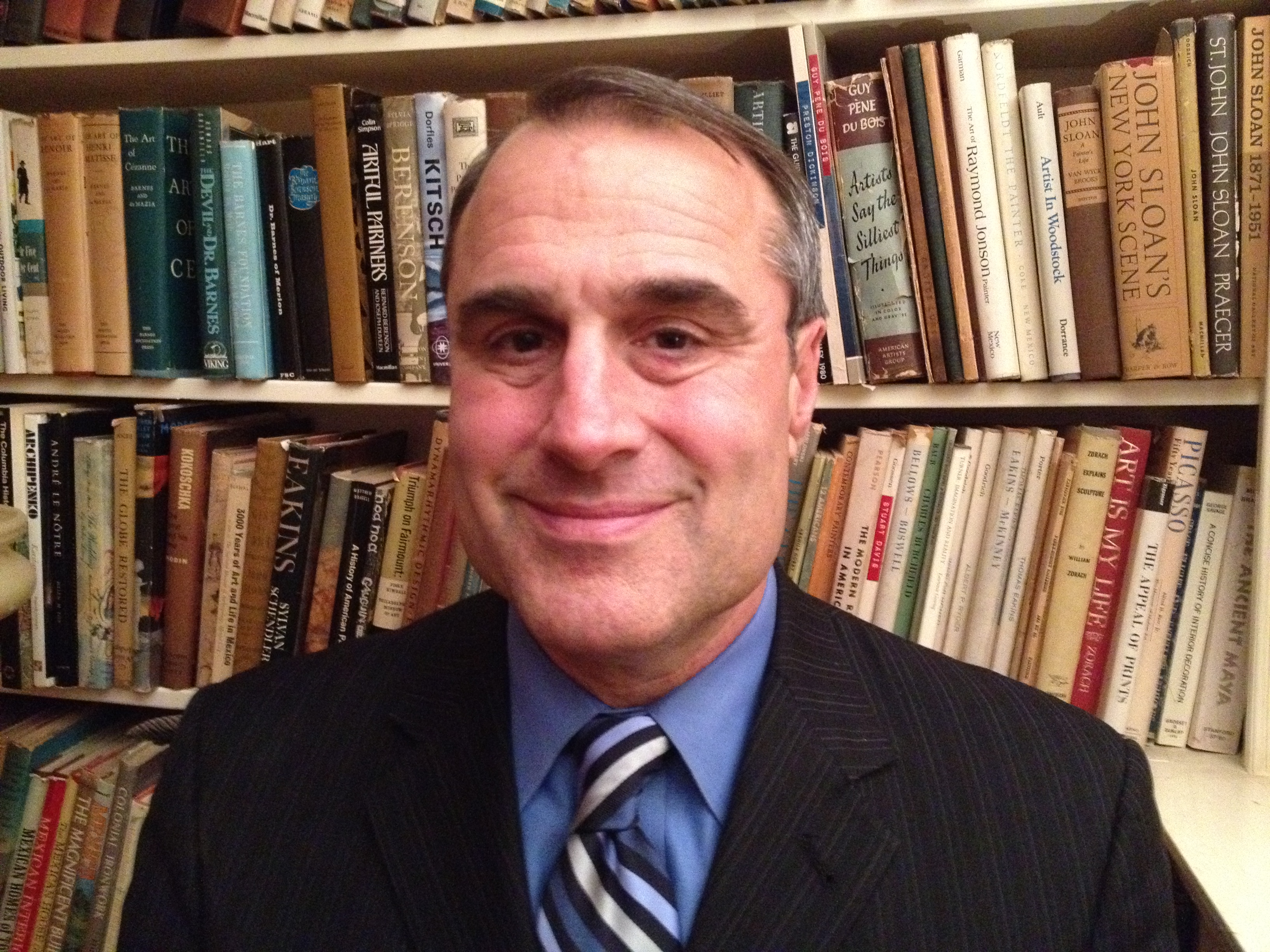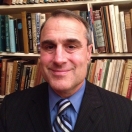

In 1988, two years after Martin Luther King Day was first observed as a national holiday, I was working late into the evening with then Pennsylvania Secretary of Labor and Industry, Harris Wofford. Harris had been a close friend and colleague of Dr. King during the civil rights movement. He and I began discussing the irony of how despite Dr. King’s legacy as a champion of action and social justice, in the two years since the national holiday began, it was becoming just another day off for millions of Americans. Harris thought that Dr. King would have been appalled had he known that young people were using his holiday to sleep late, go to the mall and watch television, rather than being engaged in efforts to improve communities.
Harris and I envisioned a different kind of holiday, fitting of Dr. King’s legacy of social change. We imagined diverse groups of people throughout the nation celebrating Dr. King’s legacy by serving others. This service would bring together people of all ages and backgrounds to identify pressing community challenges, turn concerns into citizen action, and build partnerships that would act as a springboard to sustainable civic engagement.
By 1994, Harris was a U.S. Senator from Pennsylvania and I was his state office Chief of Staff. While six years had passed since our 1988 late night conversation, we would often ruminate that the Martin Luther King holiday needed to include honoring Dr. King in other ways fitting of his legacy. Then, Harris, along with Atlanta Congressman John Lewis, championed this call to citizen action by co-authoring the King Holiday and Service Act. President Clinton signed this legislation into law later that year on August 23, creating the national Martin Luther King Day of Service.
In 1996, I organized the first King Day of Service in the nation in Philadelphia. That first year, just days after the city had been paralyzed by the largest snowfall in its history, some one thousand volunteers, particularly Philadelphia public school students and AmeriCorps national service members, turned out for a few dozen King Day of Service projects. Seventeen years and 760,000 volunteers later, the Greater Philadelphia King Day of Service is the largest King Day event in the nation. This year, on January 16, more than 85,000 volunteers will serve in some 1,300 King Day of Service projects throughout the Philadelphia region. What started in Philadelphia has become a national movement, with projects taking root in hundreds of cities, large and small, across the nation.
The King Day of Service has also evolved into a year-round initiative. In Philadelphia, we launched MLK365, a year-round program to promote and support sustainable civic engagement. We provide ongoing volunteer opportunities, support community partnership-building, and make available a service learning curriculum for students, all with a mission of building communities and demonstrating how much more we have in common than our differences.
For the first time this year, we will host a King Day of Service Jobs and Opportunity Fair, with up to five hundred prospective employees choosing among twenty local employers and several AmeriCorps national service programs. We will also be offering workshops, including resume writing, interviewing skills, restoring credit and a path to employment for ex-offenders.
While most of us remember Dr. King for his efforts to achieve civil rights, he was also a champion for economic justice. Dr. King said, “If a man doesn’t have a job or an income, he has neither life nor liberty nor the possibility for the pursuit of happiness. He merely exists.” This year’s Jobs and Opportunity Fair aims to empower individuals with opportunities to make valuable contributions to society.
If Dr. King were alive today, he would no doubt be working for greater economic opportunity and social change that would improve our communities. In Philadelphia, and across the nation, millions of Americans from all backgrounds and ages will celebrate Dr. King’s legacy by serving in thousands of different ways that honor him, embrace his legacy, and bring his memory to life.
Todd Bernstein is the president of Global Citizen and the founder and director of the Greater Philadelphia Martin Luther King Day of Service, the largest King Day event in the nation.


